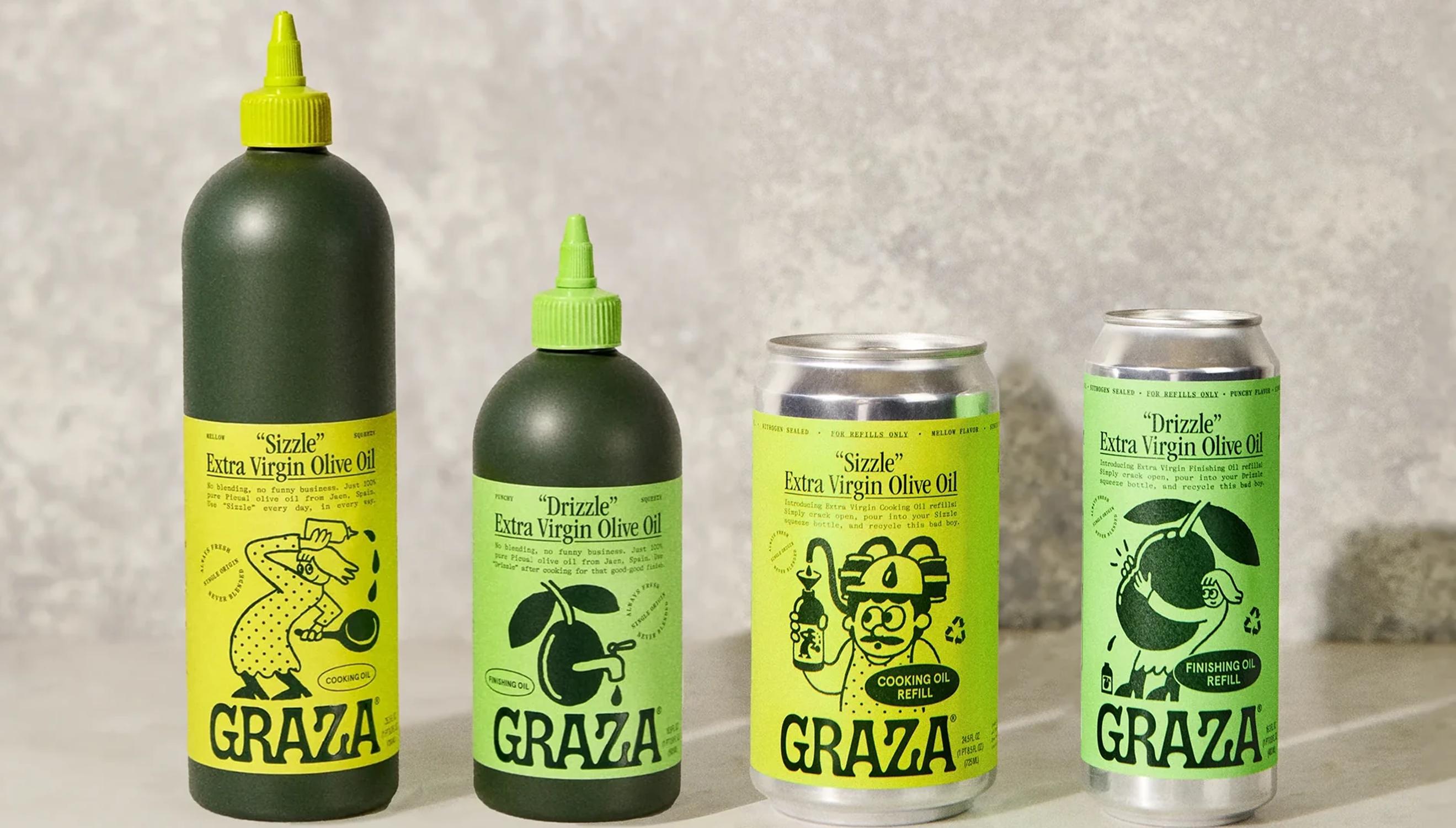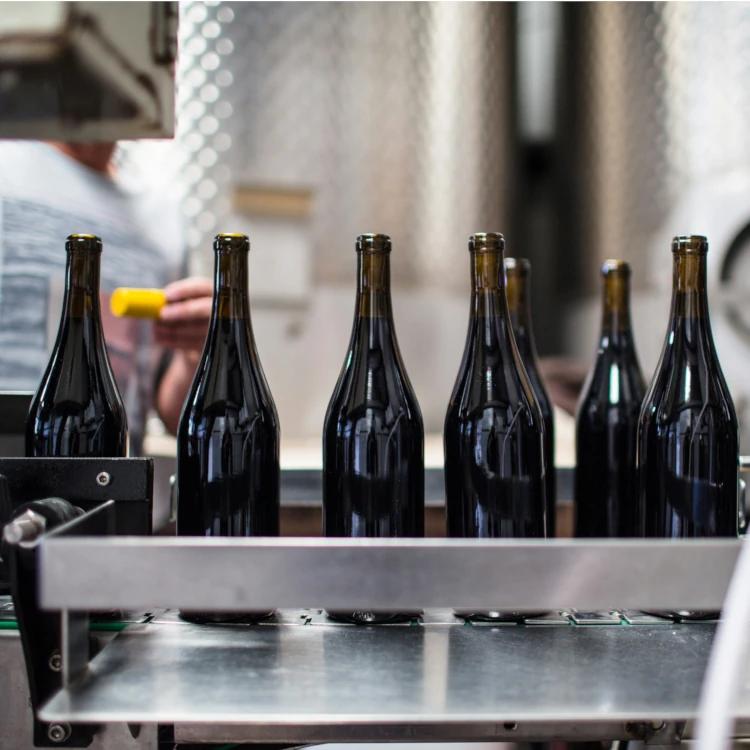
Graza olive oil review: The good, the bad, and the plastic
6 August 2024
Graza have done some things well, and their marketing is certainly fresh, but do we really need another plastic product in this day and age?
The good
Drizzle and Sizzle
Graza splitting up their oil offering into two distinct bottles makes a lot of sense. Higher quality oils should contain more of the healthy components—like polyphenols—and lower quality, cheaper oil should be kept alongside for cooking.
When you heat extra virgin olive oil for a long time or to high temperatures, some of the healthy components of the oil can degrade, meaning the health benefits are reduced. If you can afford to it is still better to cook with high quality, high polyphenol oil as it increases the smoke point of the oil, and unless you cremate your food, chances are some of the polyphenols will still remain. But, for most people this is cost prohibitive so it's easier to get your dietary polyphenols by using it from a separate oil consumed raw, and using the lower quality stuff to get your food cooked.
Single origin and transparent farming
It's always important to look for single origin extra virgin olive oil. This just means the olives were cultivated from the same region. This is important because olives need to be milled as soon as possible after coming off the olive tree. Single origin oils ensure that the complete process of taking olives, turning them into oil and putting them in a sealed container can happen quickly—increasing the chance of the oil meeting strict quality parameters.
The bad

Plastic squeezy bottles
There are a couple of issues with using a plastic squeezy bottle for a product like this in 2024. The first being that we've had good alternative containers for olive oil for hundreds of years. Do we really need to 'reinvent' them and use plastic bottle. At least it's not single use as Graza do now offer a refillable can system... but you could just deliver the oil in a can to start with, like ONSURI do—completely eliminating the need for another plastic product.
The other thing is, olive oils should be kept sealed as much as possible. The more the oil is exposed to air, the more chance it has to oxidize—reducing its polyphenols and turning it rancid quicker. Every time you give the bottle a squeeze to get some oil out, guess what that plastic bottle sucks right back in to replace the oil with? It's true some air will get pulled in after pouring oil from a traditional glass bottle, but it won't as aggressive as a compressed plastic bottle.
No mention of polyphenol certification
The website does mention that oil extracted from Picual olives is "extremely high in polyphenols", but it does not show a chemical analysis or certification letting us know the range we can expect the oil to be in. This is fine for a lower quality oil just used for cooking, but for an oil specifically marketed as 'Drizzle' and being beneficial for health, it would be great to know this value so we can benchmark it against other oils. It can't be hard to do since plenty of other producers seem to manage publishing this data.
Subscription focused
We should all be doing our bit to reduce our use of plastics. A company offering a plastic refillable bottle when there are many other more reusable solutions available seems like an odd choice. There's an argument to say it's ok, as long as the plastic is reusable, but then you could almost feel stuck with the bottle and guilted into reordering the refill cans from Graza. This subscription mindset from Graza is highlighted again when you go to their order page, with the 'Subscribe & Save' option being selected by default over the 'One Time Purchase' option.
Conclusion
Personally, we think there are better options available, that let consumers have more choice and flexibility—without supporting the use of unnecessary plastics. This is especially true for the health conscious, where a more well-tested oil with polyphenol data may be better suited.
Browse our high polyphenol extra virgin olive oils
Browse EVOOs